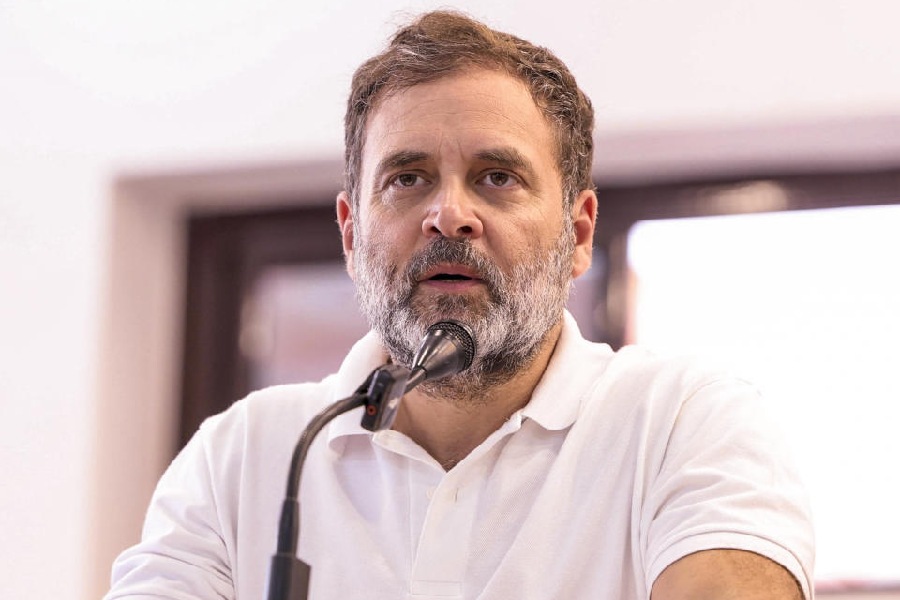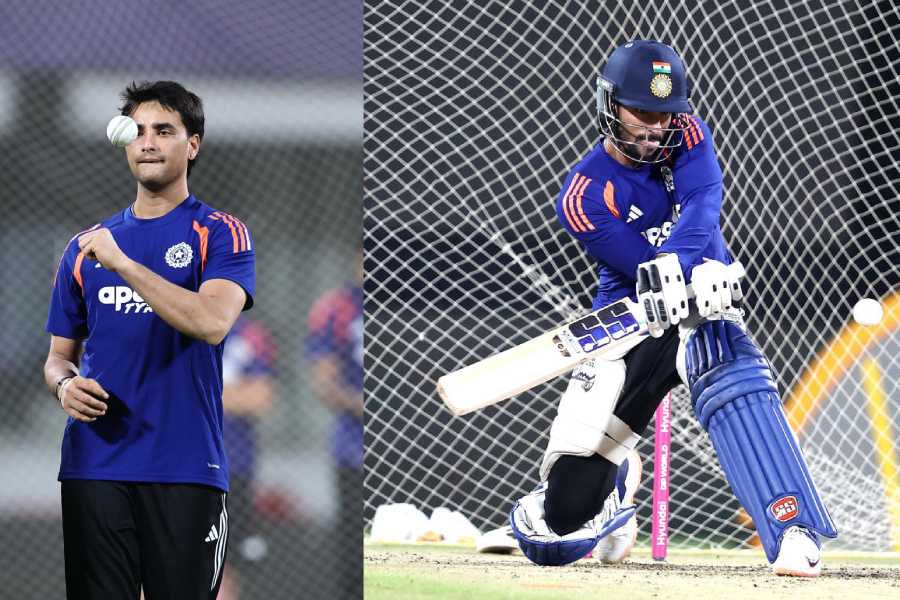The Supreme Court on Thursday flagged issues pertaining to meagre pension being given to district judges, and asked the Centre to resolve these at the earliest.
"We, being the guardian of the district judiciary, urge you (the attorney general and the solicitor general) to sit together with the amicus curiae and find a way out," a bench headed by Chief Justice D Y Chandrachud said.
Some of these are “extremely hard cases”, the CJI said and referred to a case of a district judge, who was suffering from cancer, and said that several petitions are being filed by district judges in the top court raising pension-related grievances.
"District judges are only getting Rs 15,000 as pension. District judges come to high courts and generally they are elevated to HCs at the age of 56 and 57 years and they retire with pension of Rs 30,000 per month," the bench also comprising justices JB Pardiwala and Manoj Misra said.
The CJI said very few high court judges get arbitration matters and moreover, at the age of 60 years, they cannot go for the legal practice.
"Look at their social profile also... they do not get arbitration matters," the bench said.
Attorney General R Venkataramani and Solicitor General Tushar Mehta, appearing for the Centre, sought some time to argue the case related to pension aspects of district court judges.
The bench took note of the submissions and deferred the hearing to August 27 on a plea filed by the All India Judges Association seeking implementation of welfare measures for retired judges.
Meanwhile, the top court was apprised by lawyer K Parmeswar, who is assisting the court as amicus curiae (a friend of court), that several states have complied with the Second National Judicial Pay Commission (SNJPC) recommendations on the payment of arrears of pension and other retirement benefits to judicial officers.
Now the states have started filing compliance affidavits, the amicus curiae told the bench on Thursday.
On July 11, the top court had summoned the chief and finance secretaries of several states and Union Territories for non-compliance of the SNJPC recommendations.
Expressing strong displeasure over non-compliance of the SNJPC's recommendations, the bench had said, "We know how to extract compliance now. If we just say that the chief secretary will be present if the affidavit is not filed then it will not be filed.
"We are not sending them to jail but let them be here and then an affidavit will be submitted. Let they be personally present now," the bench had said On January 10, the top court, in its verdict, had said there was a need to maintain uniformity in service conditions of judicial officers across the country.
It had directed the constitution of a two-judge committee in each high court for overseeing the implementation of the orders on pay, pension and other retirement benefits for the judicial officers according to the SNJPC.
The top court had said it was a matter of grave concern that though officers in other services have availed of a revision of their conditions of service as far back as on January 1, 2016, similar issues pertaining to the judicial officers are still awaiting a final decision eight years thereafter.
It said the judges have retired from service and the family pensioners of those who have passed away are awaiting resolution as well.
The SNJPC recommendations cover pay structure, pension and family pension and allowances, besides dealing with the issue of establishing a permanent mechanism to determine subjects of service conditions of the district judiciary.
Except for the headline, this story has not been edited by The Telegraph Online staff and has been published from a syndicated feed.










